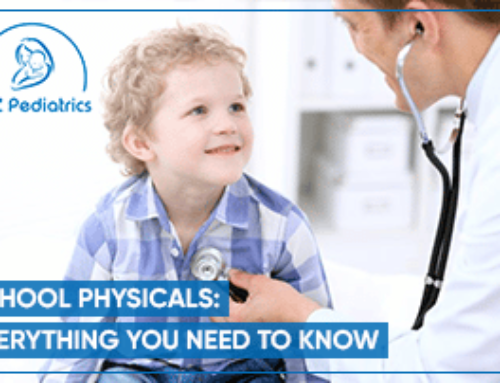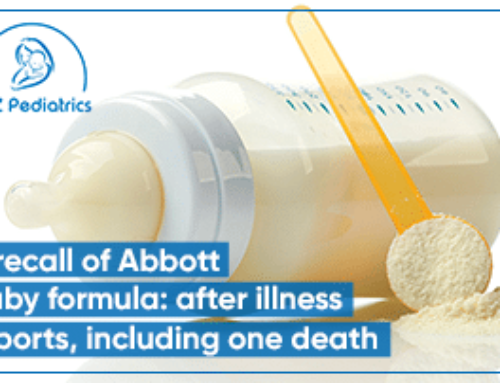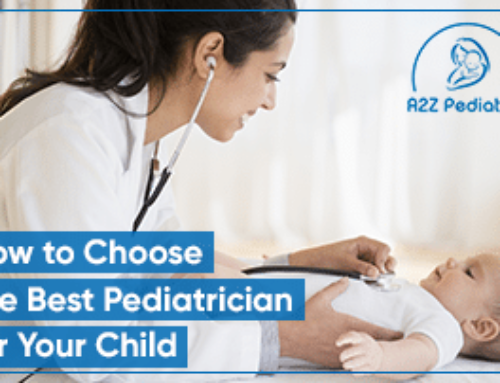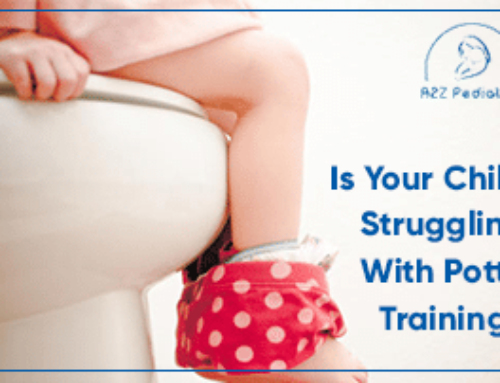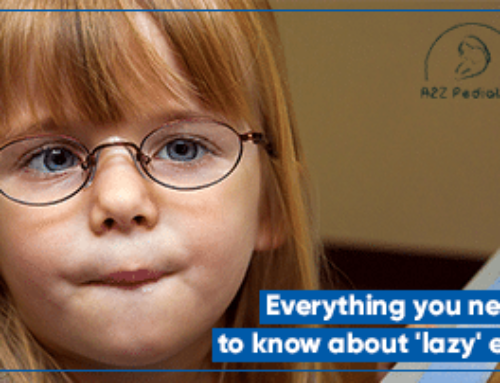COVID in Babies and Kids: Symptoms and Prevention
A child or toddler can get COVID-19. New data from the American Academy of Pediatrics indicates that cases have been rising among children. Several Coronavirus variants with a high transmission rate, such as the Omicron variant, are circulating widely in the United States. Infected children can develop complications requiring hospitalization and transmit the virus to others. COVID-19 can cause severe lung infections in children and cause them to become very sick and even die in rare cases. Children and adults should both take precautions to prevent disease. If your child is still not vaccinated, please search for Covid Vaccine For Kids Near Me and get your child vaccinated.
Apparently, in sporadic cases, a woman can pass the Coronavirus to her unborn child when infected with the virus. Likewise, infants can be infected shortly after birth. Most newborns who test positive for Coronavirus have mild symptoms or none at all and recover, but in rare cases, more severe symptoms may appear. The COVID-19 vaccine is the most effective way to prevent Coronavirus during pregnancy. Talk with your doctor about getting the vaccine. A range of Coronavirus variants are spreading, including the highly contagious Omicron variant, particularly in communities with low levels of community vaccination against COVID-19. To reduce the chance of becoming infected with Coronavirus in kids too young to be vaccinated (and adults without a Coronavirus vaccine), they must follow a few proven COVID-19 precautions, including wearing a mask in public, indoor places. The risks of indoor activities are more significant than those of outdoor activities, but one can reduce them by masking, distancing hand washing, and improving ventilation.
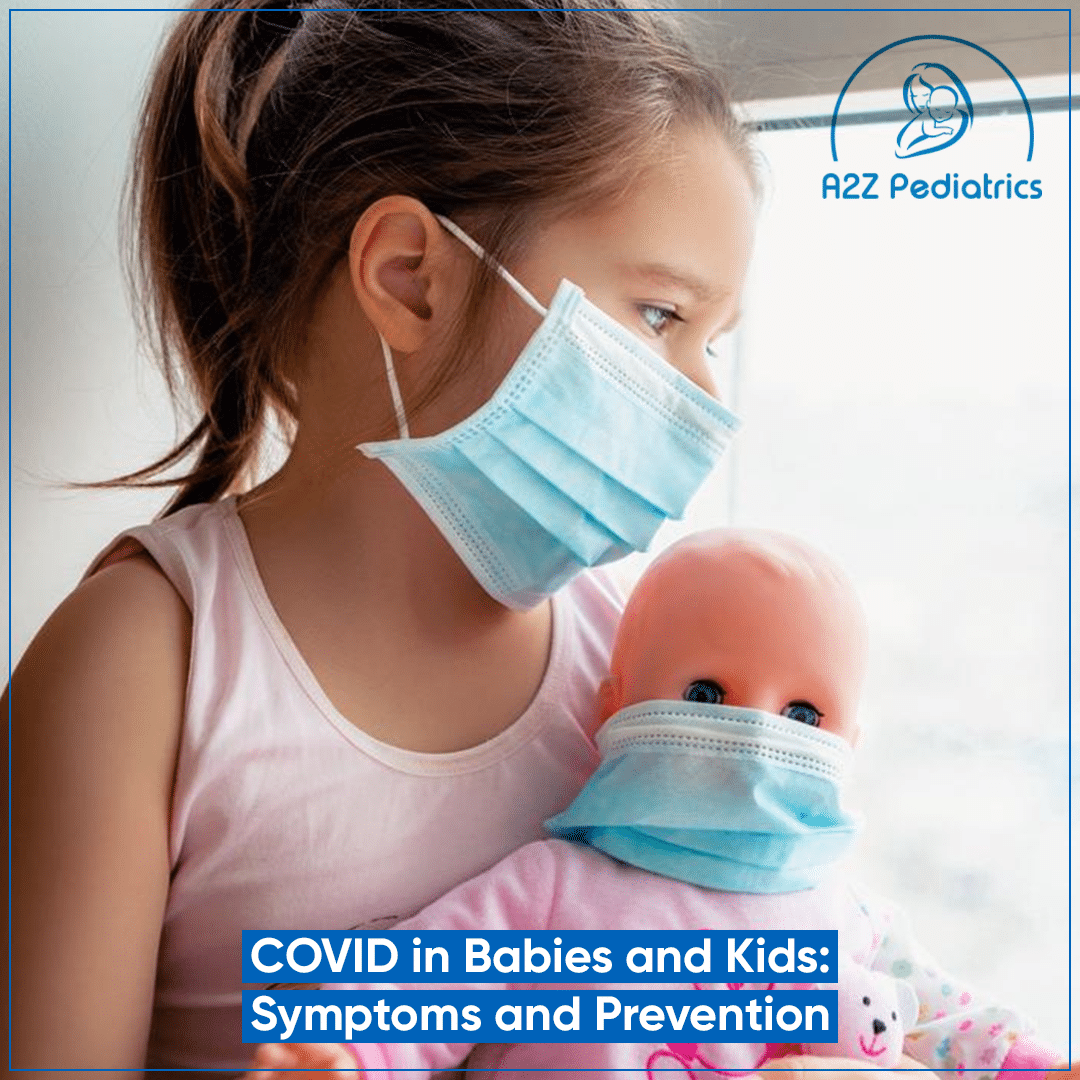
What are the symptoms of COVID in babies and children?
Children with COVID-19 usually suffer milder symptoms than adults, and some children may not show any signs at all.
Common symptoms of COVID-19 for children and adults include:
- Congestion or a runny nose
- Cough
- Diarrhea
- Fever or chills
- Headache
- Muscle or body aches
- Nausea or vomiting
- New fatigue
- New loss of taste or smell
- Shortness of breath or difficulty breathing
- Sore throat
Both adults and children are susceptible to COVID-19 symptoms, including fever and cough, although adults are more likely to experience shortness of breath. In addition, children may have pneumonia without exhibiting apparent signs. Symptoms of pneumonia might include a sore throat, excessive fatigue, or diarrhea. In children with COVID-19, however, serious illness is possible; parents should stay alert if their child is diagnosed or displays symptoms of this disease.
If a child shows one of these warning signs, parents and guardians should seek urgent or emergency medical attention immediately:
- Having trouble breathing
- Having trouble eating or drinking
- Being unable to wake up
- Bluish lips
Children with Multisystem Inflammatory Syndrome (MIS-C) and other medical conditions
There is evidence that some children may develop a multisystem inflammatory syndrome in children (MIS-C) following infection with Coronavirus.
It is essential to contact your family physician or pediatrician as soon as possible if your child has a fever of 100.4 degrees Fahrenheit or more for longer than 24 hours and at least one of the following symptoms:
- A red rash
- Abdominal (belly) pain
- Red eyes
- Red, cracked lips
- Swollen hands or feet
- Unusual weakness or fatigue
- Vomiting and diarrhea
Diabetes: Managing diabetes requires control of blood sugar. Children with well-managed diabetes are not likely to be more vulnerable to COVID-19. Poorly controlled diabetes can weaken the immune system, so parents and physicians should watch for the symptoms.
Asthma: When children have asthma, they may experience more severe symptoms of COVID-19 or other respiratory diseases, including influenza. Children with asthma who have the Coronavirus are unlikely to experience severe symptoms; however, monitor the child closely. If symptoms develop, consult with their doctor to discuss the next steps and schedule appropriate evaluations as needed. Do not forget to refill your child’s medications and to take extra precautions to prevent things that trigger asthma attacks.
Can children who get COVID-19 experience long-term effects?
A post-COVID-19 condition can develop in anyone who has had COVID-19. According to research, children with mild and severe COVID-19 have experienced long-term symptoms. Symptoms in children include:
- Cough
- Fatigue or tiredness
- Headache
- Muscle and joint pain
- Trouble concentrating
- Trouble sleeping
A child who experiences these symptoms may not attend school or do their usual activities. Consider speaking to your child’s teachers about long-term symptoms if they are experiencing them.
How to protect children from Covid-19
Vaccination is the key. If your child is eligible for the shot, please get vaccinated without wasting time. Children who are too young to receive the COVID-19 vaccine should avoid contact with family members who are (or might be) infected with the Coronavirus. Avoid physical contact. The more people your children contact and the longer the exposure period, the more they risk contracting Coronavirus. The following are effective methods for protecting your children against Coronavirus infection.
- Children should maintain a distance of at least six feet from others outside their immediate household.
- Ensure that distance measures are in place at your child’s daycare and school (if they’re open).
- Ensure that children wear masks properly and limit in-person play.
- Wash hands after every while and use sanitizers.
Can kids receive COVID-19 vaccines, additional primary shots, and booster shots?
With the help of a COVID-19 vaccine, you can prevent your child from acquiring COVID-19 and spreading it at home and school. Covid Vaccine For Kids In Naperville IL is now available, and all precautionary measures are in mind before giving the shot. It prevents severe illness if your child contracts the disease. Furthermore, vaccinating your child against COVID-19 can help your child remain in school, have playdates, and take part in sports and other group activities in a safe manner.
The following age groups are eligible for the COVID-19 vaccine in the United States:
Ages 5 through 11. The FDA has granted emergency use authorization to a Pfizer-BioNTech COVID-19 vaccine for this age group. A series of two shots three weeks apart. This vaccine contains a lower dose than the COVID-19 vaccine used by Pfizer-BioNTech for people over 12. The COVID-19 vaccine is 91% effective in preventing it in children aged 5 to 11.
Ages 12 through 15. The FDA gave Pfizer-BioNTech’s COVID-19 vaccine emergency use authorization for this age group. A series of two shots three weeks apart. For people 16 and over, it contains the same dose as the Pfizer-BioNTech COVID-19 vaccine. It is possible to give a second dose up to six weeks after the first. Children aged 12 through 15 are 100% protected against COVID-19 with this vaccine.
Ages 16 and older. The FDA has approved the Pfizer-BioNTech Coronary vaccine for this age group, now called COVID-19. Both shots are three weeks apart. If necessary, the second dose can also be six weeks after the first. After receiving this vaccine, people 16 and older are 91% protected against severe illness with COVID-19.
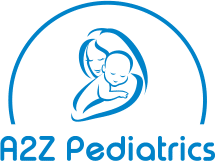
A2Z Pediatrics
550 E Boughton Rd #110
Bolingbrook, IL 60440
Email: info@azmedpeds.com
Phone: 630-755-5437
Website: https://azmedpeds.com/
